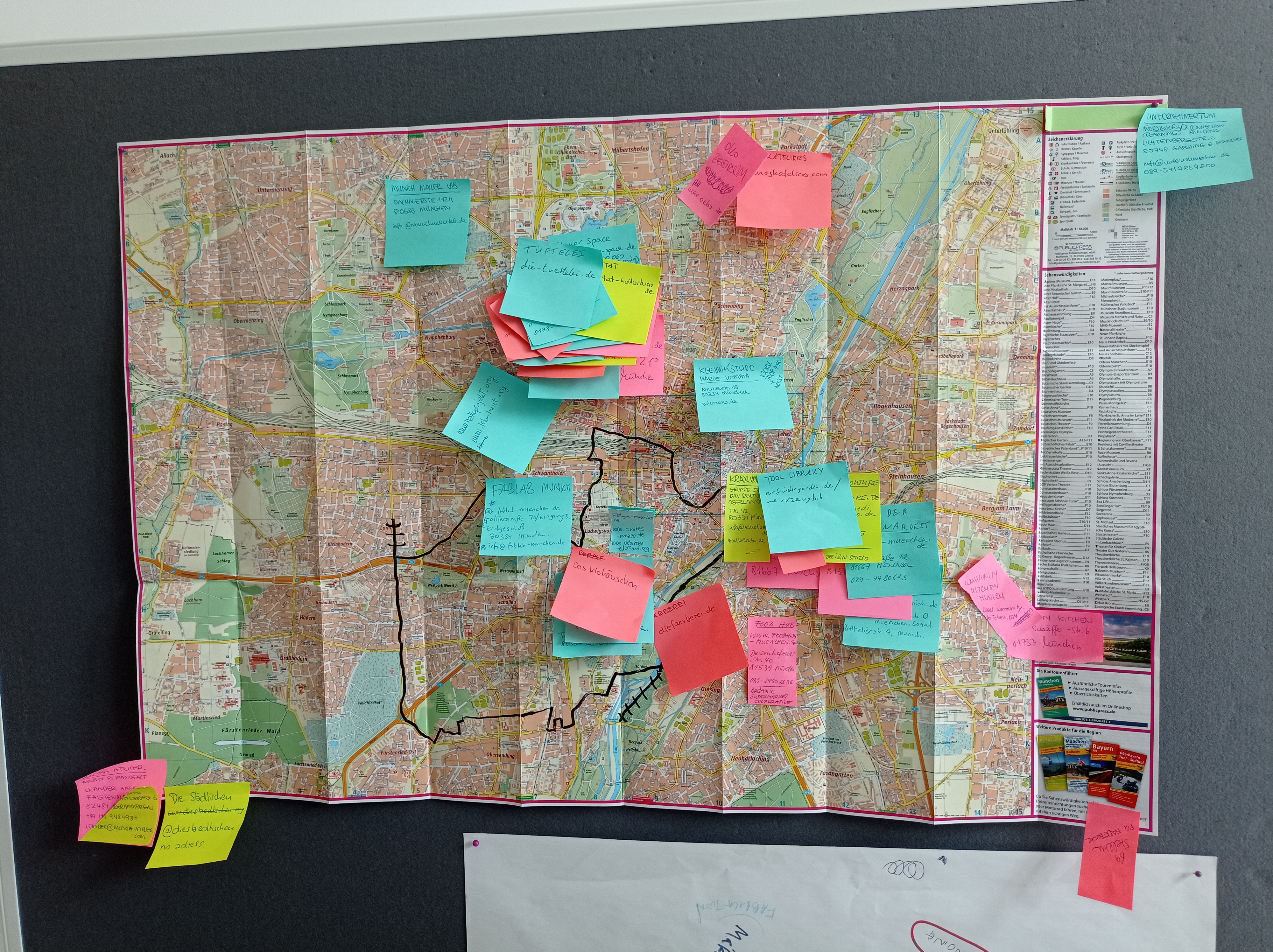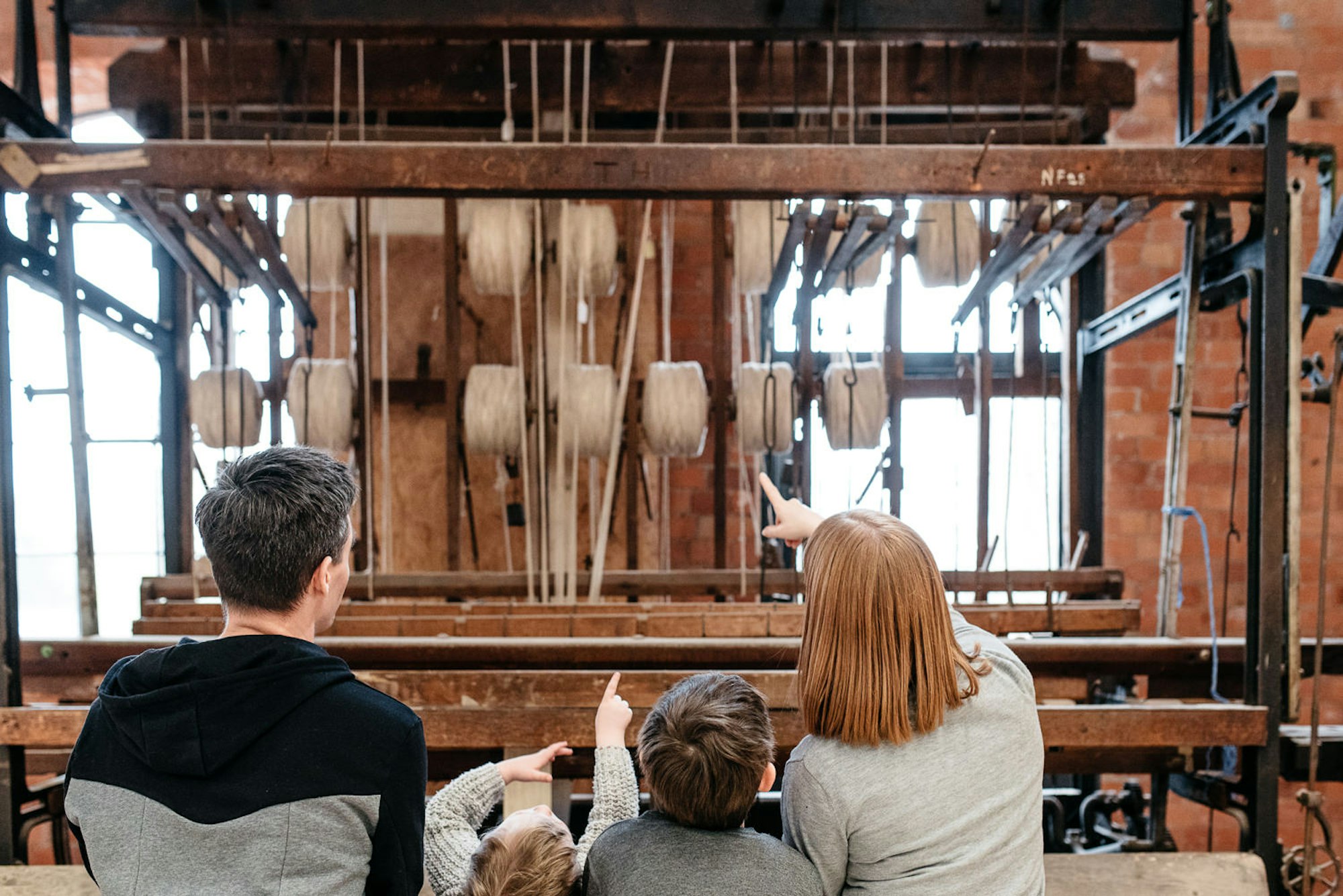Metal casting foundries in Scotland

It is nothing short of a thrill in the Make Works studio when a factory manager mentions that they will “make sure we’ve got a pour on” ahead of a site visit. Molten hot metal, steel toe capped boots and the promise of industrial footage that will dance glowingly in front of our camera lens.
Metal casting has been used by humankind for thousands of years. The process involves heating metal until it is in liquid form, before pouring it into a mould and waiting for the material to cool. Historically, it has been used for creating complex forms in sculpture and jewellery through to the development of tools and weapons.
In Scotland, the iron and steel foundries were integral to much of our shipbuilding and heavy industry. Many foundries also worked on public construction and architecture; frequently making things like elaborate bandstands, bus shelters, verandahs and seaside promenades.

Today, though large-volume production has shifted overseas, there are many foundries still thriving in Scotland. They have an impressive array of applications, from highly specialist offshore engineering components, to public sculpture and even domestic garden gates. In Falkirk, the sole supplier of the Royal Mail postbox (as well as set pieces for the Harry Potter films) is employee-owned by 35 skilled foundrymen; whilst the tracks for National Rail are made in North Queensferry.
For those interested in fabricating creative work, foundries in Scotland are ideal for bespoke, complex metal pieces and small runs of production. Each foundry tends to use slightly different processes to make their moulds, but many of these are still traditional methods.
You can find all of the Scottish foundries in our selection below listed on Make Works.
1. Powderhall Bronze, Edinburgh
Kerry Hammond and her husband have been casting bronze in Edinburgh since 1989. Using silicone based moulds they specialise in the lost wax (investment) casting process. Their strong point is in their attention to the finishing detail, and the team have an expert understanding of patina. Powderhall primarily work with artists, and are the foundry of choice for artists such as Kenny Hunter, David Shrigley and Frank Pottinger.

2. Black Isle Bronze, Highlands
Further north in Nairn, Farquhar Laing established his purpose-built foundry in 1994. Specialising in the sand casting process for both bronze and aluminium, Black Isle’s work can be seen at the likes of Twickenham and Piccadilly. They tend work on larger architectural pieces, alongside fine art sculpture, figurines, plaques, furniture and memorials.

3. Edinburgh Cast Metals, Edinburgh
This foundry specialises in iron casting. Started in 2012, Edinburgh Cast Metals was director Fraser Waugh’s way of keeping the tradition alive in Edinburgh. Using the traditional process of green sand moulding, their typical clients include blacksmiths, colleges and the public, making replica figurines, to awards, railings, artworks and architecture pieces.

4. Archibald Young, Glasgow
In 1959 Archibald Young left the steel foundry in Kirkintilloch to begin his own non-ferrous foundry. This work, manufacturing low volume castings for spares and services is still the core of the foundry’s work today, which is now run by Archibald’s grandson, Andrew. Because the foundry are used to short runs they frequently work with artists and can use aluminium, copper, iron and bronze.

5. Sculpture Workshops, Scotland-wide
If you are interested in metal casting yourself, then most of the Sculpture Workshops in Scotland now offer access to foundry facilities, as well as courses and classes. The longest running of these is the purpose built foundry at Scottish Sculpture Workshop in Lumsden; but over the next year, Edinburgh Sculpture Workshop is also set to open a foundry site. In the West, Glasgow Sculpture Studios will be developing access to their temporary iron foundry built last summer, as part of the Then/Now project. In Dundee, you’ll want to keep an eye the Mobile Foundry.

You might also be interested in ten fabricators you should know about in Scotland.
Categories
Factories
Related stories
Factory Friday: Turnberry Rugs
Aero Leather - Scottish manufacturer of leather jackets
Factory Friday: Jay Surfboards
New Make Works Film: Glencraft Mattresses
Manufacturer Case Study: Trakke



